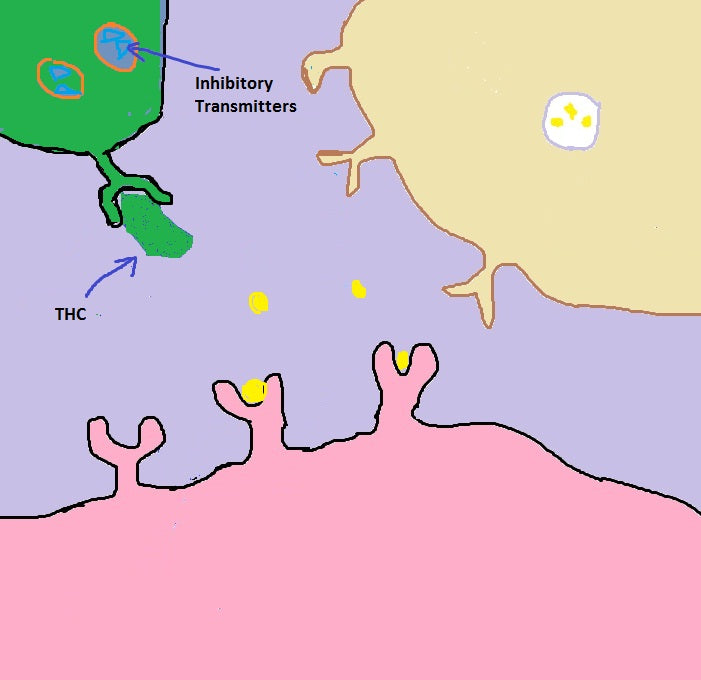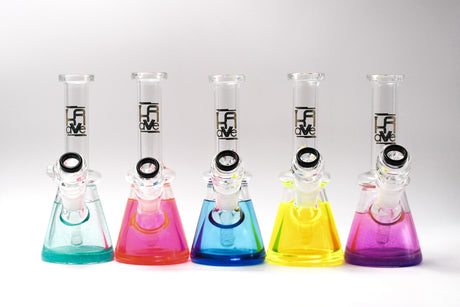Marijuana is a commonly used psychoactive drug that has been the subject of much research and debate in recent years. It is well known for its ability to produce feelings of relaxation, euphoria, and altered perceptions of time and space. However, how exactly does marijuana affect the brain to produce these effects?
The active ingredient in marijuana, delta-9-tetrahydrocannabinol (THC), works by binding to specific receptors in the brain called cannabinoid receptors. These receptors are found in areas of the brain that are responsible for regulating mood, appetite, pain perception, and other important functions. When THC binds to these receptors, it disrupts normal brain communication and leads to the various effects of marijuana.
One of the key areas affected by THC is the hippocampus, which is involved in memory formation and learning. THC has been shown to impair short-term memory, making it difficult to learn and retain new information while under the influence. Additionally, marijuana use has been linked to decreased motivation and cognitive impairment, which can impact daily activities such as work and school.
Another area of the brain affected by THC is the basal ganglia, which is responsible for regulating movement and coordination. Marijuana use can lead to impaired motor skills and a decreased ability to perform tasks that require coordination, such as driving.
The brain’s reward system is also affected by THC, leading to feelings of pleasure and euphoria. This is why marijuana is often used for recreational purposes. However, frequent and long-term use of marijuana can lead to the development of a substance use disorder, and chronic marijuana use has been associated with an increased risk of mental health problems such as depression and anxiety.
In conclusion, marijuana affects the brain in a variety of ways, leading to altered perceptions, impaired memory and coordination, and changes in mood and behavior. While the effects of marijuana may be beneficial for some medical conditions, it is important to consider the potential risks associated with its use, especially when it comes to long-term or heavy use. If you have any concerns about your use of marijuana, it is best to consult a healthcare professional for guidance.


